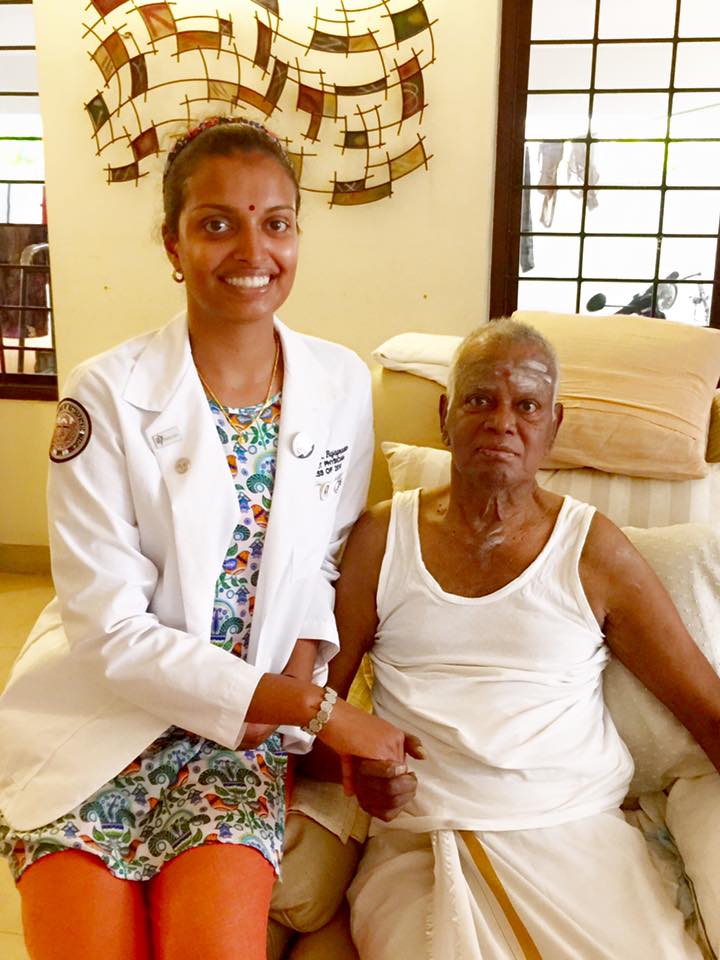The Silver Lining
We stood in the shadows, a staggered line of nurses, students and surgeons in matching blue scrubs and masks. It was the middle of the night. Our tired bodies sagged against the walls, our bloodshot eyes dancing between the clock above and the gasping life below. A young man was dying in the operating room. He lay on the cutting table with his arms splayed wide, like a martyred saint stretched upon the cross.


